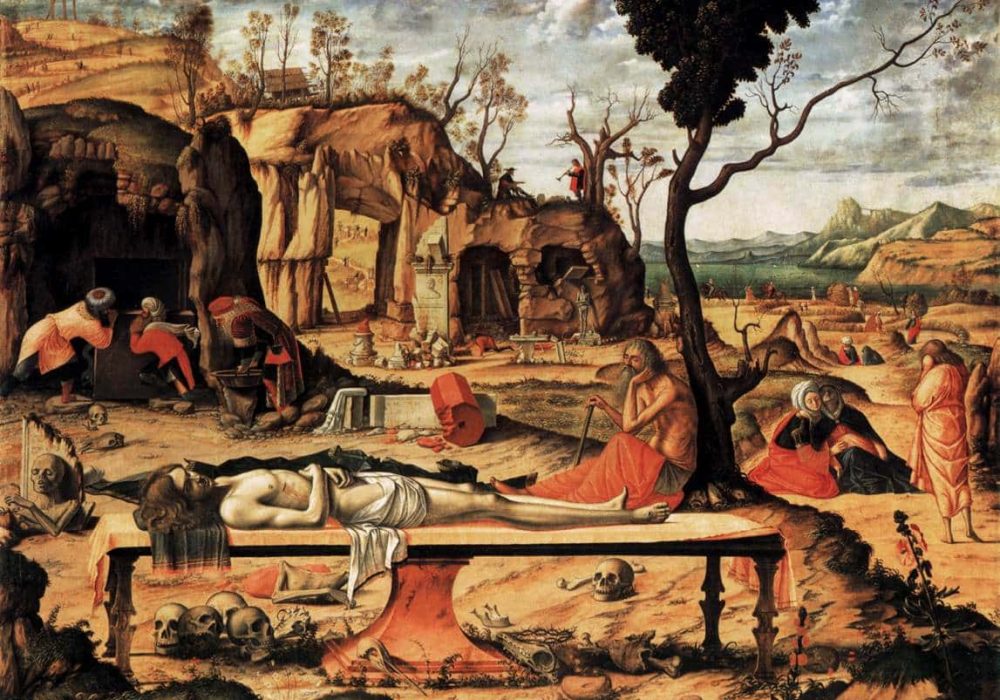Free and open to the public.
Early Christian authors rarely composed tragedies, but they did discern elements of “the tragic” both in the background of sacred history and in the foreground of mundane experience. As a rhetorical, literary, and even theological artform, the mimesis of tragedy took shape concurrently in biblical interpretation and preaching, in autobiographical and hagiographical writing, in the framing of Christian moral response to human anguish and indignities, and in theological reflection on interrelated issues of providence, freedom, fate, and hope.
This lecture will sample each of these dimensions, concentrating especially on works of the Cappadocian Fathers, John Chrysostom, and Augustine, in texts ranging from Gregory of Nyssa’s ascetical works, to Gregory Nazianzen’s autobiographical poetry and select orations, to Chrysostom’s expository sermons and Letters to Olympias, to Augustine’s Confessions. Blowers will also treat the enduring question of the meaning of “the tragic” in an early Christian lens. Christian authors, while keen to uphold the unique perspectives of Scripture, could hardly ignore the definition of the tragic in classical Greek and Roman tragedies and in the long wake of Plato’s criticism of the poets and tragedians as hucksters and traffickers in emotion who subverted the philosophical quest. But could Christianity accommodate the idea of existential “dead ends”? Could it abide the prospect of irredeemable and uncompensated evils? By way of conclusion the lecture will address, albeit concisely, the state of the question of the utility (or not) of tragical mimesis in constructive Christian theology.
Prof. Blowers will also lead a discussion for students on “Finding Tragedy in the Bible with Its Early Christian Interpreters” on Thursday, March 31.
This convening is open to all invitees regardless of vaccination status and, because of ongoing health risks, particularly to the unvaccinated, participants are expected to adopt the risk mitigation measures (masking and social distancing, etc.) appropriate to their vaccination status as advised by public health officials or to their individual vulnerabilities as advised by a medical professional. Public convening may not be safe for all and carries a risk for contracting COVID-19, particularly for those unvaccinated. Participants will not know the vaccination status of others and should follow appropriate risk mitigation measures.
If you are not currently affiliated with the University (enrolled student, faculty, or staff) it is expected that you review the University’s COVID mitigation efforts. The University expects every event attendee to adopt precautions designed to mitigate the risk of viral transmission.
If you have any questions, please contact us.

